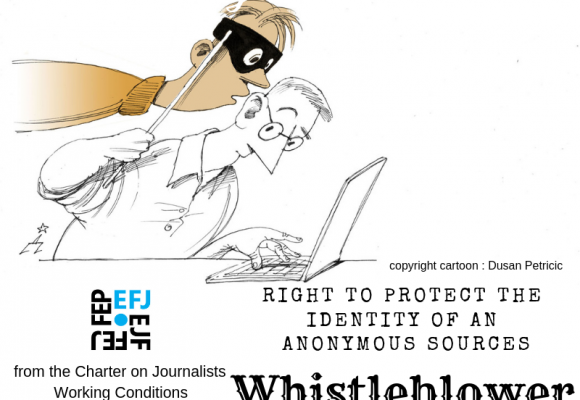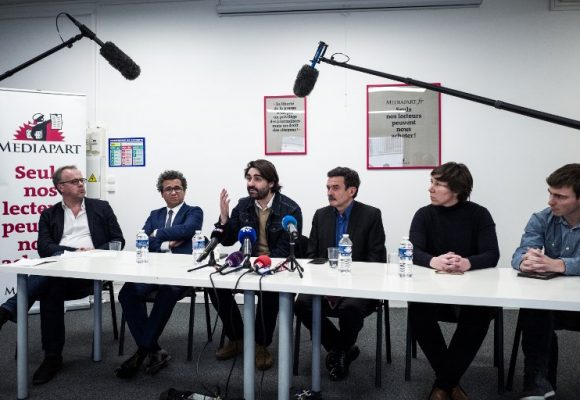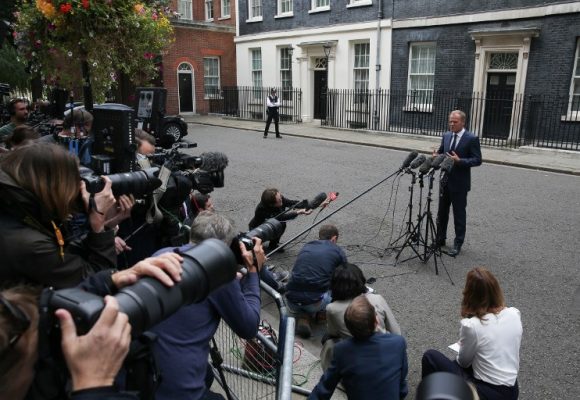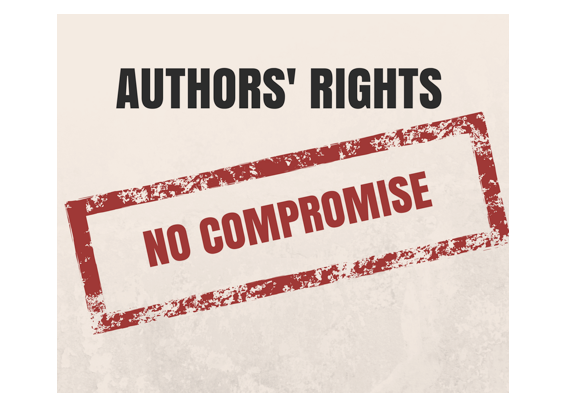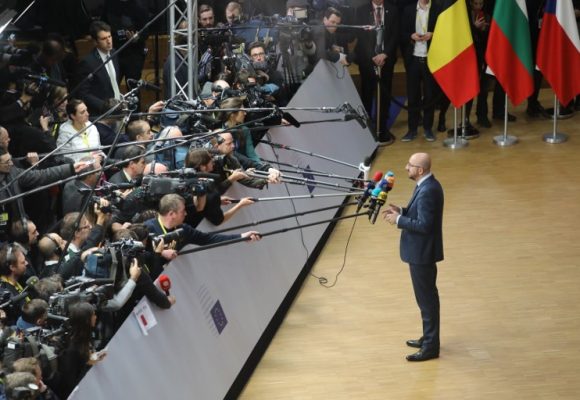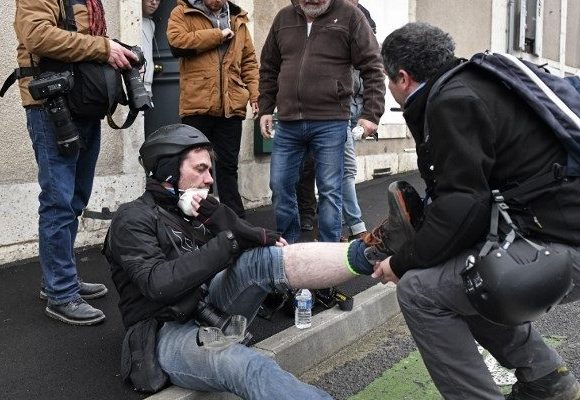EFJ to launch a new Charter on Journalists Working Conditions
On February 12, 2019, the European Federations of Journalists (EFJ)’s labour rights expert group (LAREG) members will officially launch a new Charter on journalists working conditions during a press conference organised in Belgrade at : speakers : members of the labour rights expert group (LAREG+) in EU, Western Balkans and Turkey Subject : Launch of EFJ Charter on journalists working conditions Date : Tuesday 12 February 2019 at 10:00 am Location : Press centar UNS, street Kneza Mihaila 6, Belgrade language : English and Serbian registration : free access (no accreditation required for journalists) contact : mehmet@europeanjournalists.org / camille@europeanjournalists.org …

